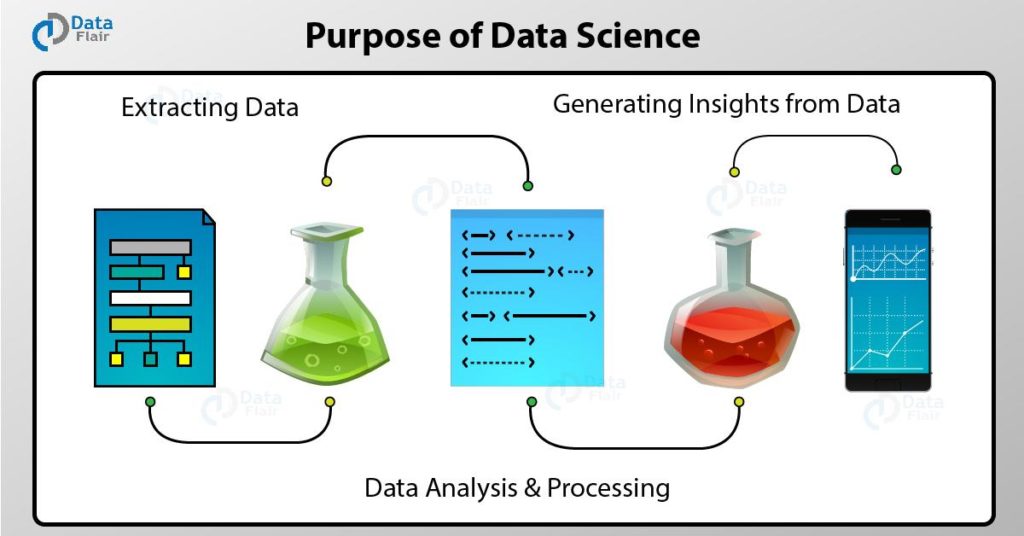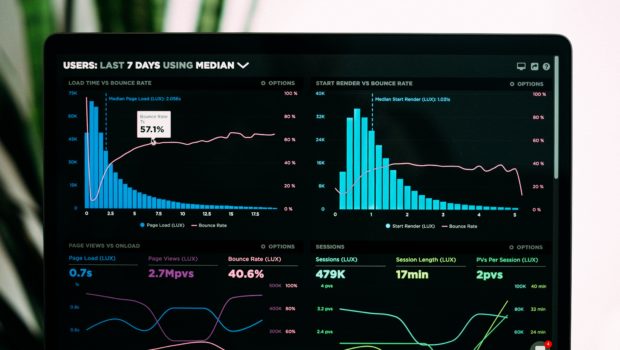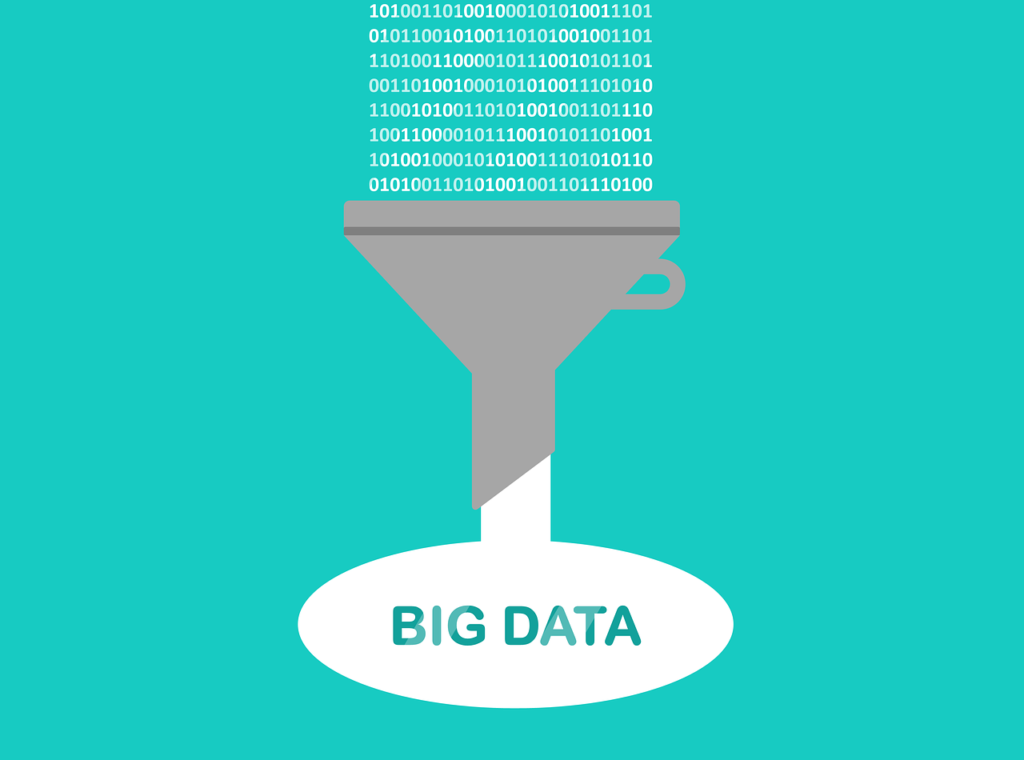Importance of A data analyst
An analyst’s work involves working with data through the use of SQL, Python and other programming languages, creating dashboards. It provides automating processes. But these are just tools to achieve the two goals described above. If a person does only this, then he should not be classified as an analyst. Perhaps he is a data engineer, an automation developer. But these are completely different roles with different requirements for people in data scientist vs data analyst vs data engineer.

What is analytics?
Data Analyst, or Data Analyst, is becoming one of the most in-demand IT specialties. According to market research analysts, the demand for professionals far exceeds the supply.
Types of data analytics
It is customary to distinguish 4 types of data analytics, differing in the level of complexity of working with information and the degree of human participation:
- Descriptive, which answers the question “What happened?”
- Diagnostic, which analyzes information to answer the question “Why did this happen?”;
- Predictive, which predicts unknown events in the future, answering the question “What can happen?”;
- Prescriptive, which answers, perhaps, the main management question “What to do?”
Data analyst qualifications
Basically a data analyst job description includes a lot of the responsibilities. A data analyst is a person who helps a team:
- Make decisions more objectively based on facts and data (as opposed to opinion, intuition and experience).
- Look for points of growth for the product and business.
The analyst concentrates on exploring data, structuring complex systems, and understanding processes to benefit the business. The analyst product is the answers to asked and unasked questions. Also it’s the creation of thinking models and frameworks. And these are recommendations derived from them. They lead to an increase in business performance.
What are the responsibilities of the data analyst?
What does a data analyst do? Data Analyst workloads are at the intersection of mathematics, programming, and product management. As a result of its work, the company can generate more profit and make users happier. The responsibilities of a data analyst may differ depending on the place of work and skill level.
Typically, such a specialist conducts statistical tests and solves business problems for which there is still no answer. Then he makes forecasts, strategies, plans and recommendations.
What a data analyst usually does:
- Communicates with business representatives and identifies problem areas of the company;
- Gathers information;
- Creates hypotheses to improve certain indicators;
- Prepares data for analysis: sorts, filters and makes a selection;
- Finds patterns;
- Visualizes data: translates statistics and Big Data into understandable conclusions and visual graphs;
- Offers solutions that are used to develop a project or business.
Based on the data provided by specialists of DataArt company, the company can make any business decisions. So that’s an answer on question what is a data analyst.
Personal qualities
A good data analyst isn’t just about metrics and reports. Regardless of the profile, the classy specialist must have the flexible skills that are needed to be productive:
- Systems thinking and logic;
- Attention to detail, methodology and rational skepticism;
- Courtesy, communication and storytelling skills;
- Patience;
- Pragmatism and business approach;
- The desire to learn. A good analyst loves to learn new things and broaden his horizons.
Should you become a data analyst?
An important property of a good analyst is objectivity in relation to oneself. The analyst must control his own desire to appear better than he is. Even the most powerful analysts make mistakes (this is normal and development is impossible without mistakes), it is very important to be able to track your mistakes and quickly communicate them to the team, especially if this can change a previously made decision. Concealment of errors is a flag of the analyst’s professional inadequacy.
Benefits of data analyst
Analytics helps make decisions, leads to actions in the product and business. In some cases, you can make a decision without analyzing the data, simply formalizing all possible situations and decision forks well, and then discarding most of the options, relying on what the team already knows.
Photo by Luke Chesser on Unsplash

















